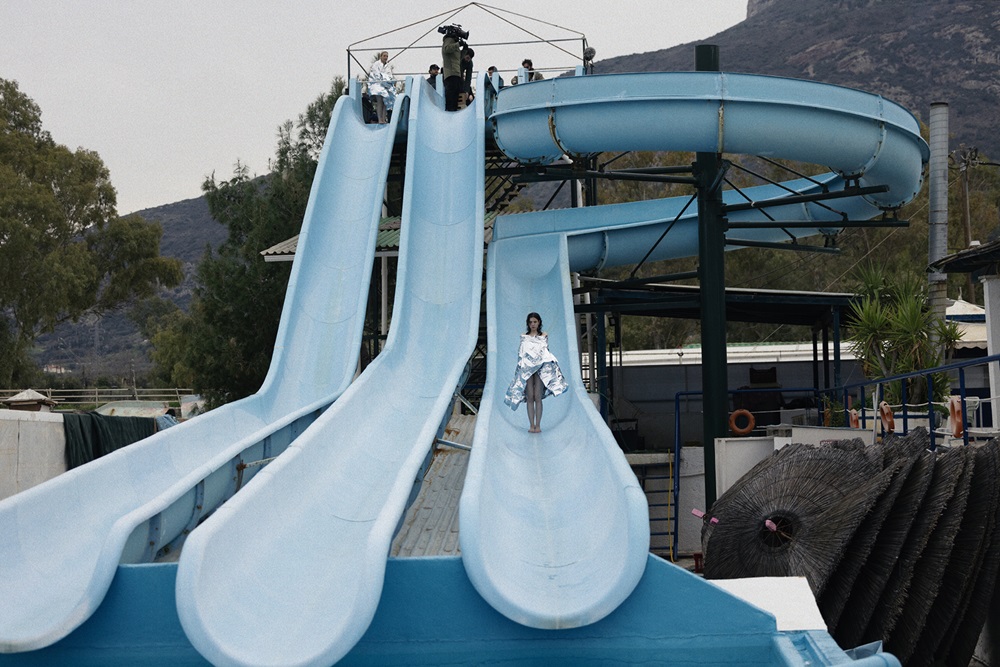
Katerina Evangelatos, artistic director of the Athens Epidaurus Festival, presented on Wednesday 19 February 2025 the programme of the theatrical performances that will be presented next summer at the Argolic theatre. In the next period, the other artistic activities of the festival will be announced, such as the full programme of the Athens Festival and the musical performances that will be given at the Little Theatre of Ancient Epidaurus in August.
International collaborations, support from the Stavros Niarchos Foundation, contemporary readings on Sophocles’ monumental heroines, Antigone and Electra, a return to Homer’s roots and a repeat of Theodoros Terzopoulos’ “reading” of Aeschylus’ Oresteia, which is admittedly a milestone in the performance of the play at Epidaurus.
The modern look that Katerina Evangelatos and her collaborators wish to bring to the Epidaurus Festival was underlined in her opening speech at the press conference: “Our mission is to connect the heritage of Ancient Drama with contemporary performance forms and dramaturgical quests, and not the museum representation of a speculation on what the form of these plays/performances once was. Our aim is to create theatrical events that engage the contemporary viewer and evolve their perspective – on the world and on art. Towards this end we are making targeted efforts and have undertaken strategic actions to enhance contemporary drama in dialogue with ancient texts. Texts that still resonate today and invite us to be bold in our reading of them.”
EPIDAURUS FESTIVAL-ANCIENT THETRE OF EPIDAURUS
27, 28 & 29 June
Athens Epidaurus Festival – National Theatre Greece
Ulrich Rasche
Antigone
by Sophocles
The Festival will start earlier than any other year, with the famous German director teaming up with a group of Greek actors for a special interpretation of Sophocles’ play. Ulrich Rasche, in a taped message broadcast at the press conference said: “I have always dreamed of staging Sophocles’ Antigone at Epidaurus. It may sound a bit strange, but my choice had less to do with the character of Antigone itself than with the figure of King Creon. Antigone, as we know, is the heroine of the play. She resists the king’s authoritarian rule. She puts forward her own ideas of what should happen. Her strength and resistance to authority are admirable. But don’t we now live in a society where it is easy for everyone to play the hero or heroine, to speak and act according to their own standards? Do we not often forget that Creon’s mission as king is to defend the state and the laws? I think it is important to take a look at the king and his arguments, so aptly articulated by Sophocles in the tragedy.”
4 & 5 July
Poreia Theatre – Dimitris Tarlow
Electra
by Sophocles
The Poreia Theatre returns to Epidaurus, this time with its Artistic Director Dimitris Tarlow in his first production at the Argolic theatre with the Sophoclean version of Electra. In the leading role, Loukia Michalopoulou.
In a world plagued by totalitarianism and social injustice, in an age where violence and revenge are often presented as a “necessary evil”, Sophocles’ Electra takes on a chilling relevance. This tragedy is not just a revenge narrative, but a mirror of human dilemmas, of the timeless conflict between justice and morality.
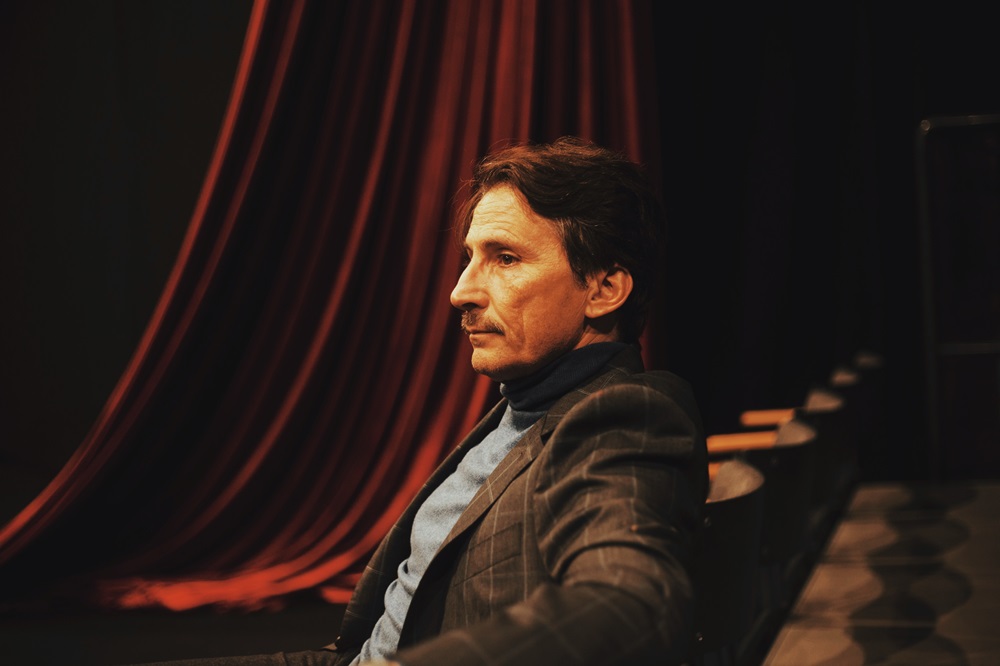
Dimitris Tarlow-Poreia Theatre
11 & 12 July
National Theatre of Northern Greece – Cyprus Theatre Organisation Michael Marmarinos
ζ – η – θ
The guest
A return to the origins: A visit to three Rhapsodies of the Odyssey
After NEKYIA with the Japanese theatre NO in 2015 and Sophocles’ The Ichneutae in 2021, performances that will remain unforgettable, Michael Marmarinos returns to the Ancient Theatre of Epidaurus with another unexpected dramatic proposal, leading a return to the sources. A visit to three rhapsodies of the epic that reveals how this unending mystery of oral storytelling (the deep mystery of theatre) has the potential to thrillingly transport us “where history still happens”.
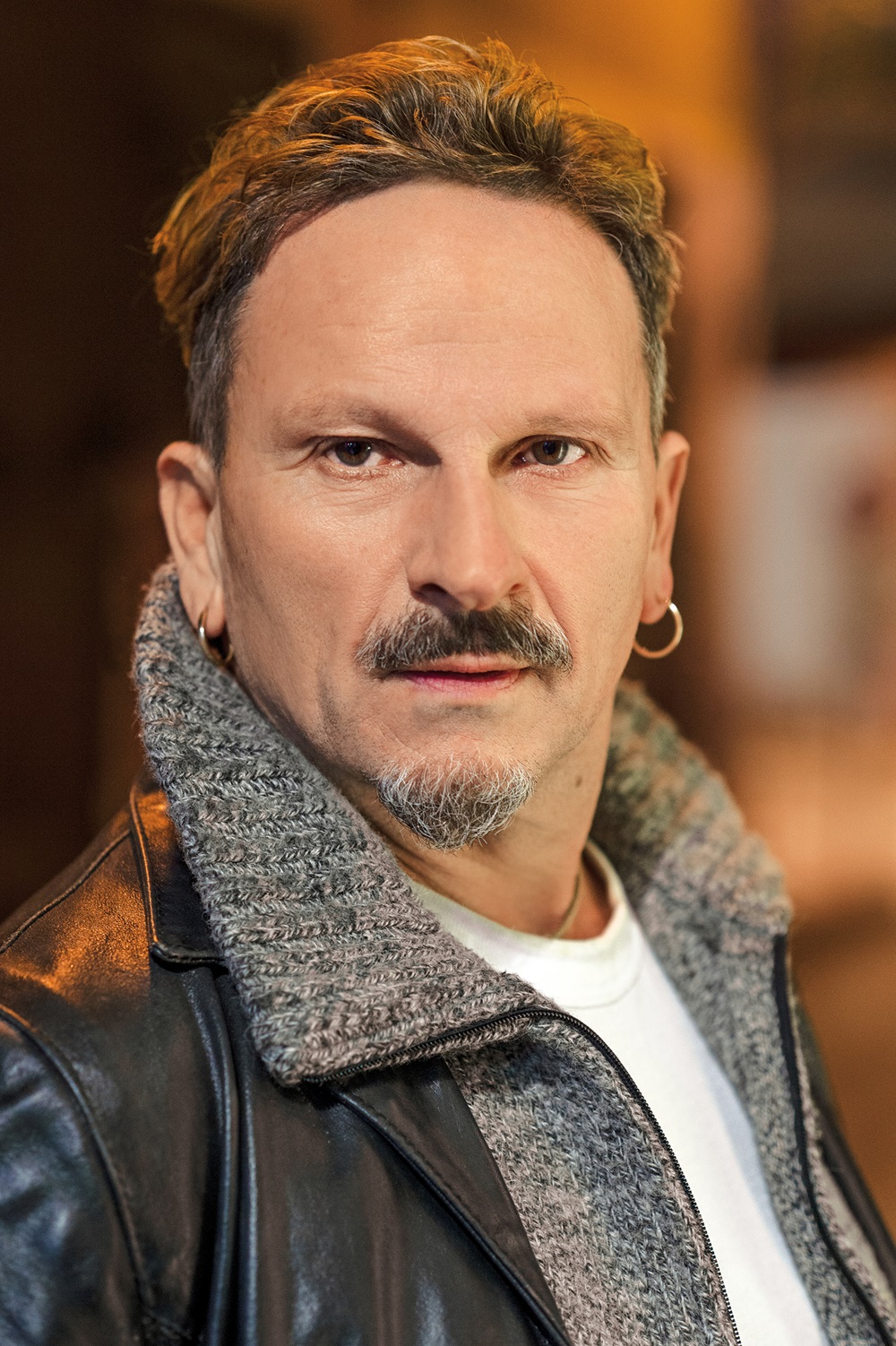
Michael Marmarinos
19 July
Utopia – Theodoros Kourentzis
Regula Mühlemann – Eve-Maud Hubeaux
Gustaf Mahler: Symphony No. 4 and Songs for dead children (Kindertotenlieder)
The announcement of each new concert by Theodoros Kourentzis creates high expectations and impatience: for the world’s music-loving audience, the performances of the charismatic conductor guarantee great emotions. All the more so when Kourentzis’ exuberant musical personality is juxtaposed with the greatness of Mahler, who challenges the listener’s intellectual and emotional world with his existential quests and metaphysical anxieties.
In a unique concert at the Ancient Theatre of Epidaurus, the award-winning Greek conductor will lead Utopia, the independent orchestra he founded in 2022, in Mahler’s Fourth Symphony, the Austrian composer’s most popular symphony. The song in the second movement will be sung by the outstanding Swiss soprano Regula Millemann, one of the top sopranos of her generation.
In the second part of the evening, mezzo-soprano Ev-Mod Ibo will perform the heartbreaking Songs for Dead Children (Kindertotenlieder), the song cycle composed by Mahler (1901-1904) in the form of orchestral lieder, setting five poems by Friedrich Rikert.
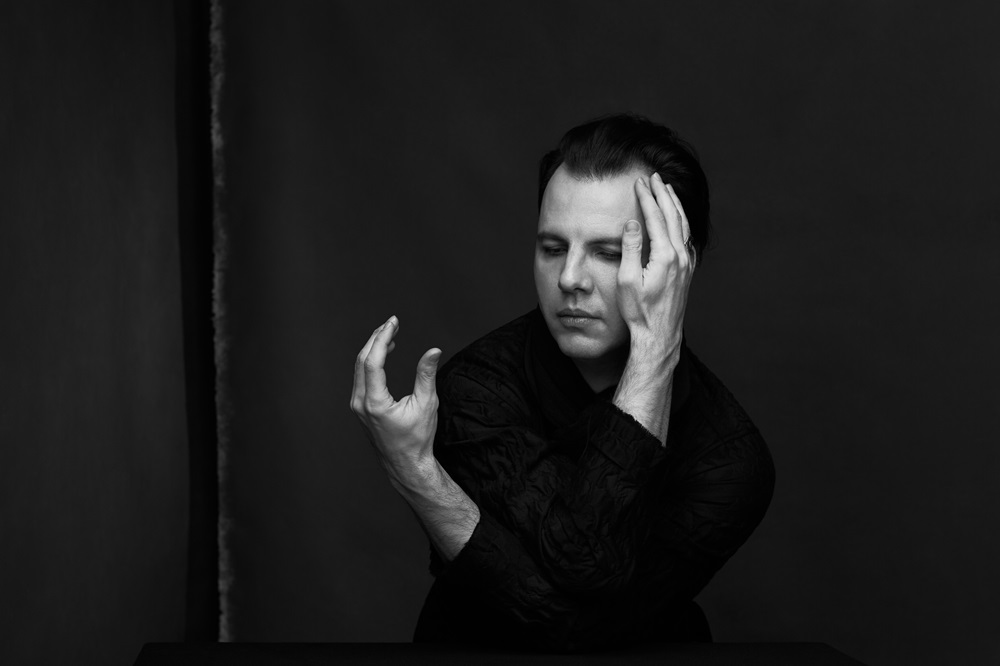
Theodoros Kourentzis
25 & 26 July
Athens Epidaurus Festival – Lykofos
Yannis Chouvardas
The two Oedipuses
Celebrating 50 years of continuous professional presence in the theatre, Yannis Chouvardas translates, adapts and directs Sophocles’ Oedipus Rex and Oedipus at Colonus in one performance as a single work. Under the guidance of the experienced Greek director, a group of distinguished actors and cast will tell, with live music, the thrilling story of Oedipus, starting from the end and going backwards to the beginning of the evil.
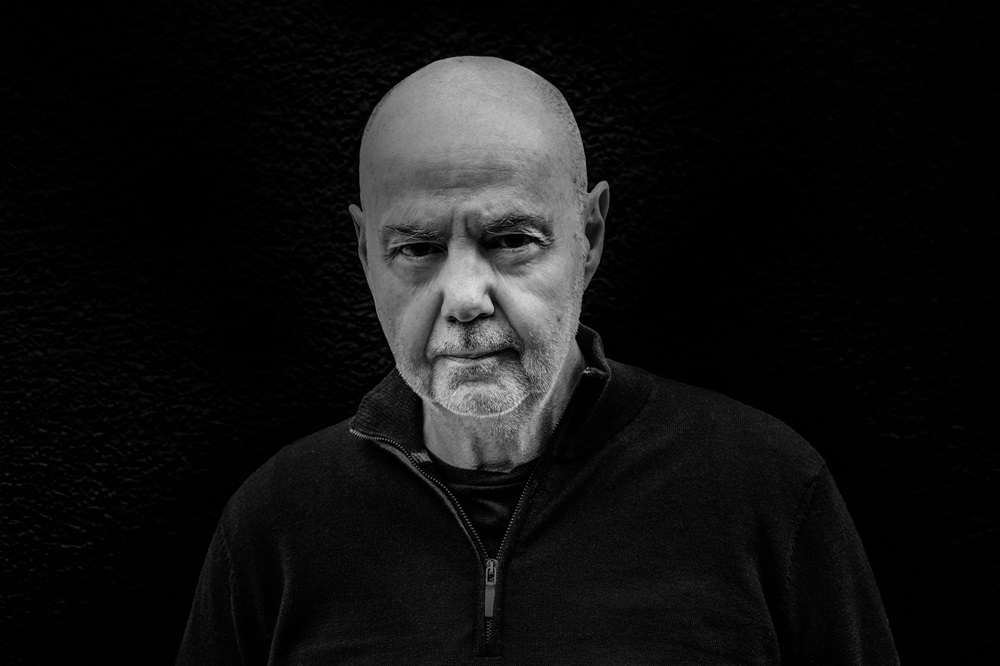
Yannis Chouvardas
1 & 2 August
Athens Epidaurus Festival – Théâtre national de la Colline
Wajdi Mouawad
The Oath of Europe
The Lebanese-Canadian writer, director and actor Wajdi Mouawad, artistic director of the Théâtre National de la Colline in recent years, is best known in Greece as the writer of the Oscar-nominated foreign-language film Through the Flames (dir. Denis Villeneuve, 2010), based on his play Incendies. This dark journey through civil war Lebanon, unfolding through a traumatic family history, has at its root a deep connection with ancient tragedy, which is Muawad’s main source of inspiration: the division at the heart of the family, the struggle between the sexes, uprooting, the pernicious legacy of the previous generation to the next, and the search for catharsis are themes that recur in his plays, most of them in dialogue with heroes of Ancient Drama. The performance will star Juliette Binoche.
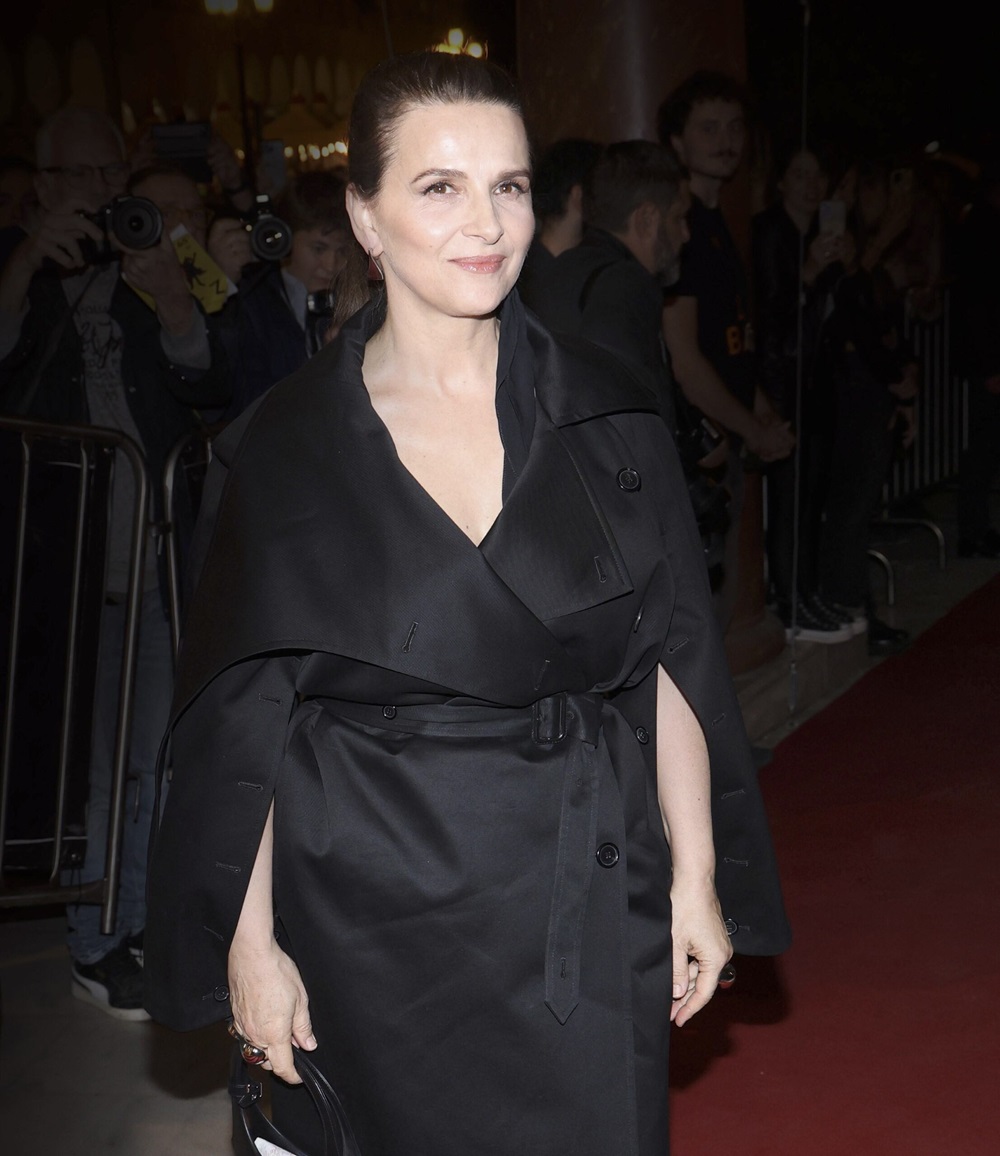
Juliette Binoche
8 & 9 August
Μaria Protopappa
Andromache
by Euripides
In a reversal of the heroic Iliad, in Andromache Euripides criticizes the arrogance of the Greeks and the illusion of the superiority of their civilization. The pre-war promises of a united, powerful country are belied in a landscape of decay, old age, fear and envy. The responsibility lies not only with the pioneers, but also with those who believed them and contributed to the debasement of values by their acquiescence. The younger generation is paying the price.
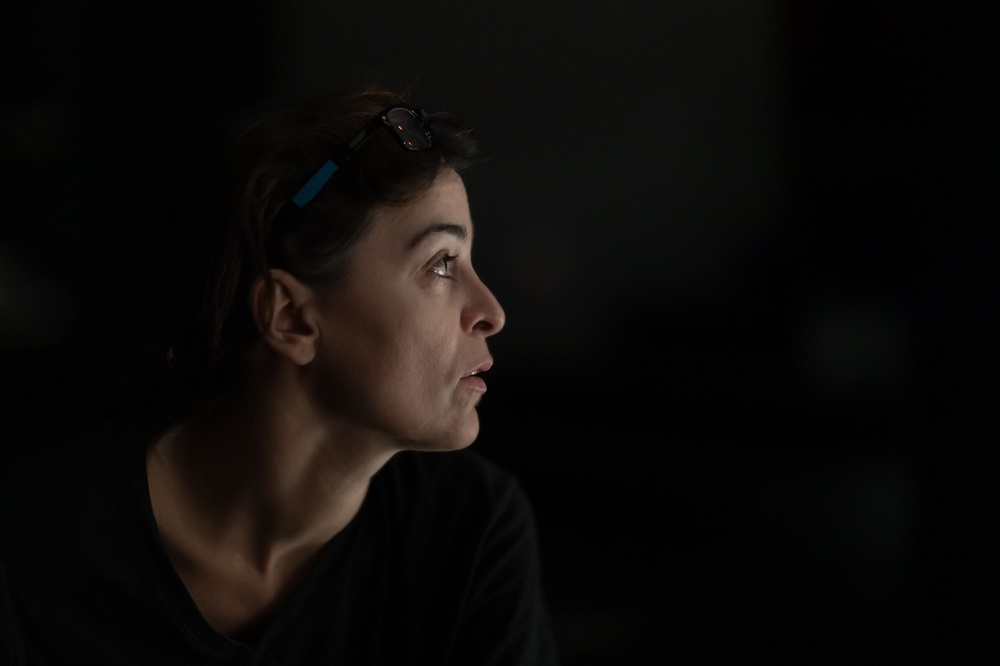
Maria Protopappa
22 & 23 Αugust
National Theatre Greece – Theodoros Terzopoulos
Oresteia
by Aeschylus
The iconic trilogy of Aeschylus’ Oresteia, directed by Theodoros Terzopoulos, in the first collaboration of the internationally acclaimed Greek director and teacher with the National Theatre, was one of the greatest moments in the recent history of Greek theatre. After its triumphant run at separate venues, the performance returns on 22 & 23 August at the Ancient Theatre of Epidaurus, completing this year’s Epidaurian cycle of the Festival.
Terzopoulos’ Oresteia is a work of intellectual and philosophical depth, which manages with its shocking energy to expand the boundaries of art, and ultimately to tell the story of humanity itself. As an undeniably political act and a multidimensional spiritual experience, the performance received a rapturous reception both from the thousands of spectators who attended and from the national and international media.
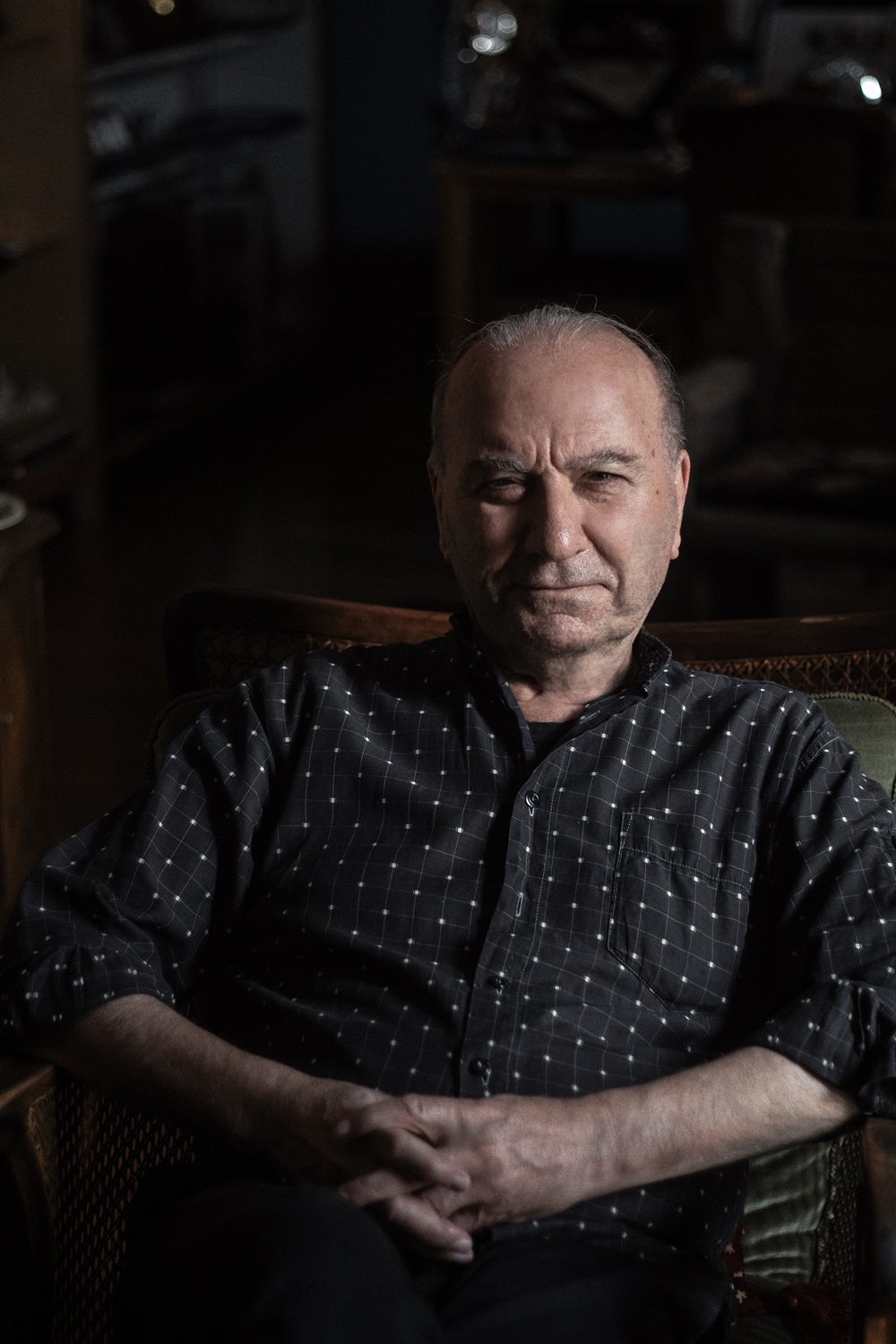
Theodoros Terzopoulos
EXHIBITION SPACE OF THE FESTIVAL
27 June– 23 August
Antigone. Rule and Disobedience
Periodical Exhibition
On the occasion of the world premiere of Antigone directed by Ulrich Rasche (co-production of the Athens Epidaurus Festival and the National Theatre), the exhibition space of the Ancient Theatre of Epidaurus hosts a new temporary exhibition, entitled Antigone. Rule and Disobedience.
Open to the public throughout the performances at the Argolic Theatre, the exhibition presents the transformations that one of the most emblematic works of ancient drama, which defined the Western modern consciousness, underwent during the 70 years of the Epidaurus Theatre.
27 June– 23 August
“The Little Trackers”
Creative activities for children at Epidaurus
The successful theatrical education programme “Little Inventors” continues this year, bringing children closer to the wonderful and mysterious universe of ancient myths. While the adults watch the performance at the Ancient Theatre of Epidaurus uninhibited, the children are creatively engaged in approaching the content of the same play. A team of experienced theatre educators and teachers of music and aesthetic education participate in the programme.
STUDIO RESIDENCY
15 – 28 June
Parodos
Parodos, the inter-artistic research programme (studio residency) that we launched in 2021, aims to enable artists from a wide range of arts to advance, under ideal conditions, their research on the dramaturgy of Ancient Drama in situ.The research process has a practical character and is developed in two stages: the first stage (research) takes place in Athens, while the second stage (application) takes place at the Little Theatre of Ancient Epidaurus. The general coordination and guidance this year is undertaken by the director Dimitris Karantzas.
4 & 5 July
Olia Lazaridou
A lonely Thebes
by Kyriakos Charitos
Inspired by Sophocles’ Antigone
Award-winning author and screenwriter, Kyriakos Charitos (National Children’s Literary Book Award 2023) writes a folk tale inspired by the myth of Antigone, directed by Olia Lazaridou. Avoiding the linearity of a text that viewers know inside and out, A lonely Thebes moves both forward and backward. It takes the form of a rant. A song.
11 & 12 July
Christos Stergioglou – Alexandros Drakos Ktistakis
CRIES
The Cries is a performance that, based on slavery, uprooting and migration throughout the centuries, explores the points of intersection and the organic affinity between poetry, Ancient Drama and its member, music.Excerpts from ancient tragedies, lyrics from popular and modern Greek and world poetry and original texts are combined and integrated into an original musical work composed by Alexandros Drakos Ktistakis. The work is performed by the Alex Drakos Quartet, in an on-stage musical conversation with charismatic performers Christos Stergioglou, who directs the performance, and lyric singer George Iatrou.
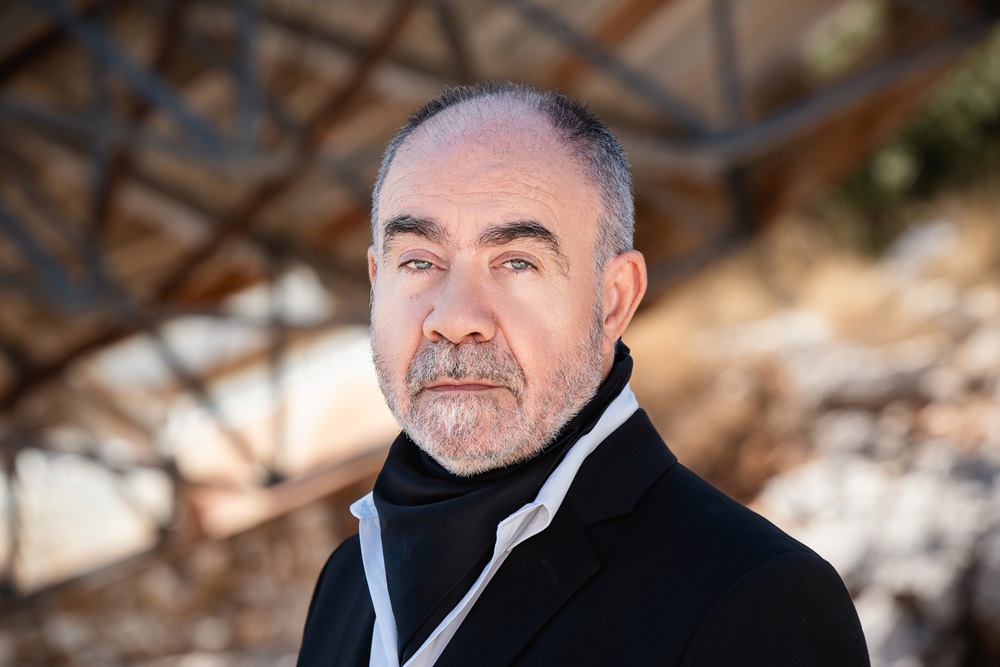
Christos Stergioglou
18 July
Hellenic Film Academy –Athens Epidaurus Festival
Electra 7
A collective film inspired by Sophocles’ Electra
Part of the successful Contemporary Ancients cycle, which this year opens in the art of cinema, the film, written by Panagiotis Christopoulos, will consist of 7 chapters, each directed by a different director, male or female. Seven distinguished and distinguished filmmakers, with participations in film festivals in Greece and abroad, have been selected to represent the wide spectrum of contemporary Greek cinema and to contribute with their own perspective to this original cinematic relay. They are (in alphabetical order): Alexandros Voulgaris, Sophia Exarchou, Nerytan Zinziaria, Christina Ioakeimidi, Babis Makridis, Argyris Papadimitropoulos and Elina Psykou.
25 & 26 July
Yannis Skourletis – bijoux de kant
Right of the bed
by Yannis Palavos
Inspired by Sophocles’ Oedipus at Colonus
War session
by Aris Alexandris
Inspired by Aristophanes’ Lysistrata

Yannis Palavos
Two female monologues inspired by Ancient Drama, signed by contemporary Greek writers, Yannis Palavos and Aris Alexandris, are presented again this year as part of the Contemporary Ancients Cycle, directed by Yannis Skourletis. Written on commission from the Festival, both of them draw freely from ancient myths, revealing contemporary aspects of them in original, subversive works.

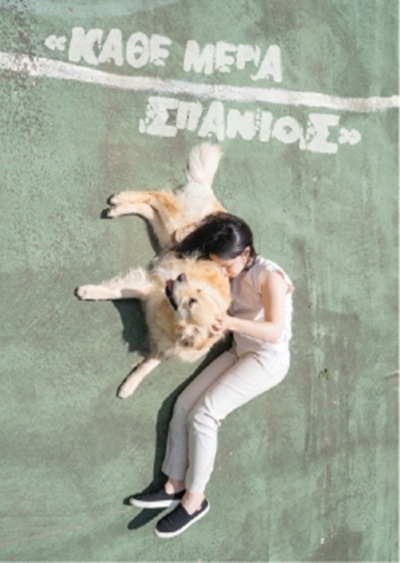

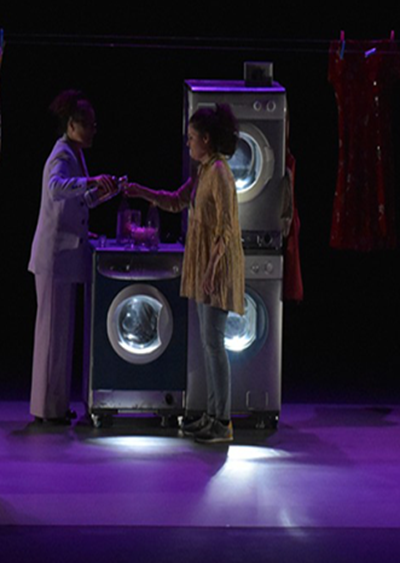



Leave A Comment